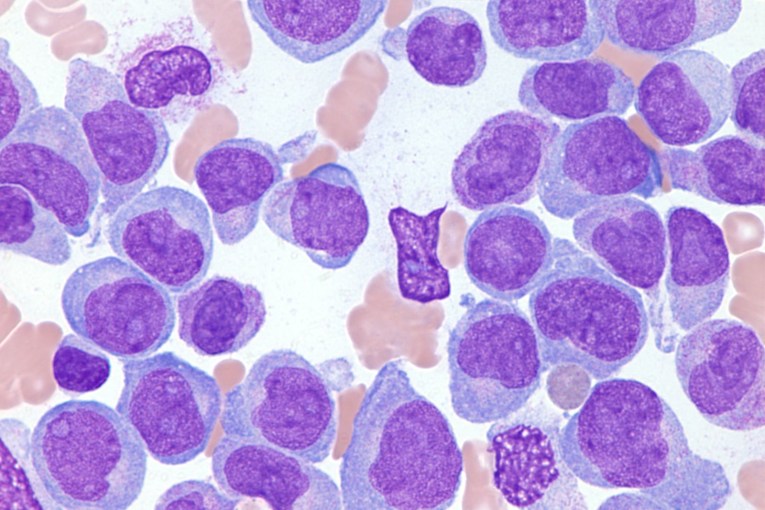Lack of sleep can be harmful to your heart during high-intensity exercise


Exercise can offset the heart harms of poor sleep. But it's complicated. Photo: Getty
Every piece of good news tends to have a caveat.
In August, we reported that doing regular exercise could offset, in the long term, some of the damage done to the heart and metabolic health by a lack of sleep.
As the University of Sydney researchers concluded, after analysing the sleep and exercise habits – and their associated survival rate – of nearly 400,000 middle-aged adults:
“Those who had poor sleep but did enough physical activity to meet the WHO guidelines didn’t have as high a risk of dying from heart disease or cancer, compared to those who slept poorly and didn’t meet the physical activity guidelines.”
Simply by meeting the bottom threshold of the WHO guidelines for exercise “could reduce or eliminate some of the health harms of poor sleep”.
Yay.
But here’s the catch
A regular brisk walk, light jog, swim or moderately paced bike ride will deliver these benefits, and will certainly do you no harm.
But a question remained: What happens to the heart during a bout of intense exercise after multiple nights of disrupted sleep?
High-intensity exercise causes the heart to release small amounts of a protein called troponin, which is found in the heart’s muscle cells.
Low amounts of troponin, which serves as a biomarker for heart damage, are released after high-intensity training.
This isn’t usually a cause of concern. Part of the process of building stronger muscles involves minor damage that prompts the body to build back stronger.
But higher blood levels of troponin are associated with the heart being in acute distress.
So where does disrupted sleep fit in?
Researchers from Uppsala University, Sweden, recruited 16 young men, who were healthy and of normal weight.
All participants had healthy sleeping habits, meaning they reported getting seven to nine hours of sleep regularly.
The participants were monitored in a sleep laboratory.
In one of the two sessions, participants got a normal amount of sleep, three nights in a row.
During their other session, the participants were kept awake for half the night, three nights in a row.
After both sleep interventions, blood samples were taken before and after a 30-minute intense stationary cycling session.
Blood levels of troponin were seen to increase after the workouts, as expected.
However, levels of troponin increased almost 40 per cent higher after three nights of partial sleep restriction, compared with three nights of normal sleep.
What does this mean? The study was a small one, and these results “require further validation and follow up”.
The researchers suggest that “a more pronounced lack of sleep in the long run can increase the relative risk that the heart is injured in some way by more intense exercise”.
Takeaway: For people who work out hard and fast, keeping a healthy sleep pattern just became more important.








